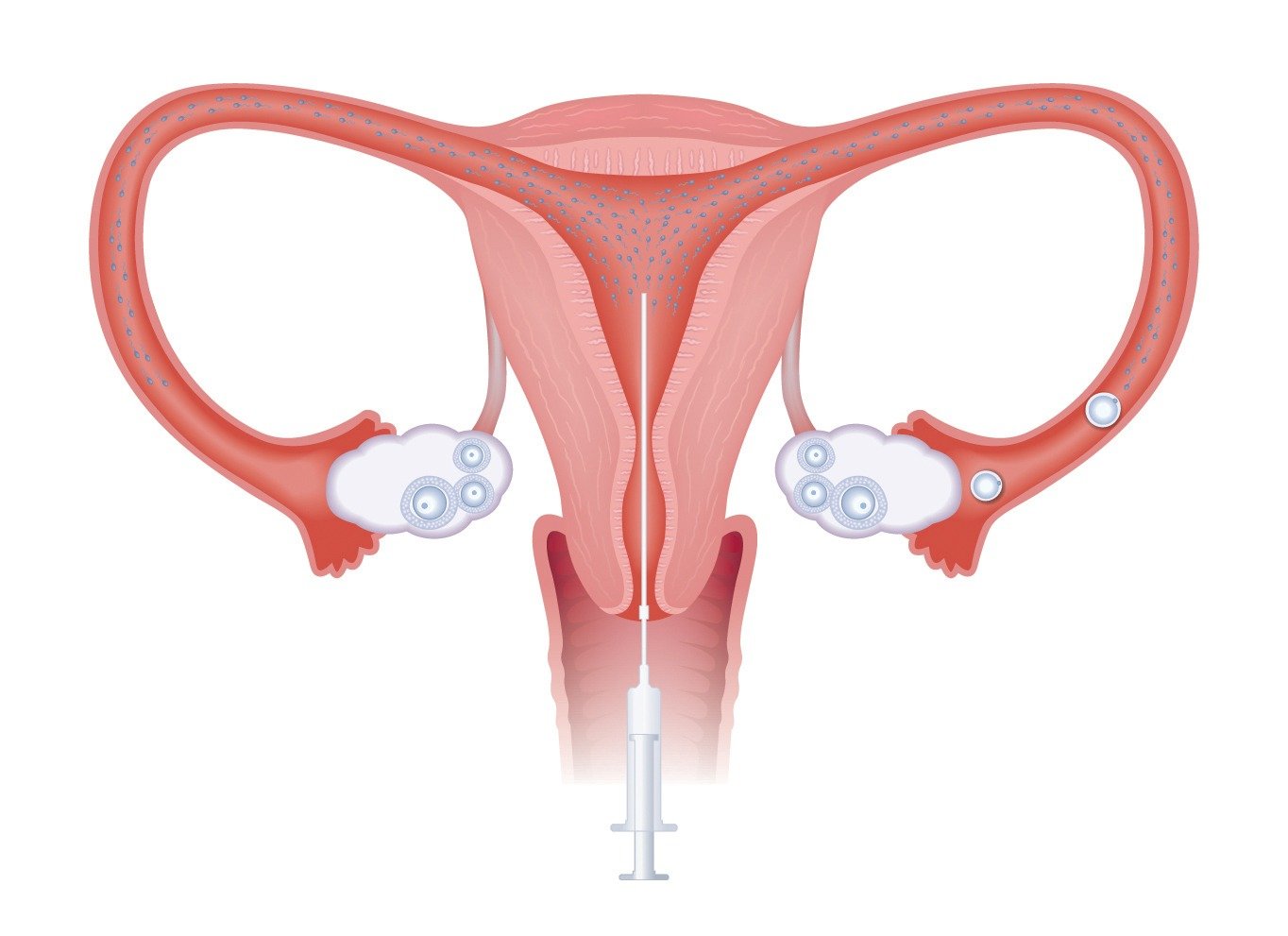Overview
Miscarriages can be a challenging experience, both emotionally and physically, for those hoping to build a family. For individuals and couples looking to conceive after a miscarriage, Intrauterine Insemination (IUI) may offer a path forward.
Book a consultation with a fertility specialist to discuss whether IUI is right for you. Early intervention can improve your chances of conceiving again!
What is IUI?

Intrauterine Insemination (IUI) is a fertility treatment that involves placing sperm directly into the uterus, increasing the chances of sperm reaching the egg for fertilization. It is often recommended for couples dealing with infertility or for those who have experienced challenges conceiving naturally after miscarriage.
Curious about what can lead to a miscarriage? It’s a question many people ask. Let’s examine some common causes.
Causes of Miscarriage
Before diving into IUI, it's important to understand the common causes of miscarriage:
- Chromosomal abnormalities: When the egg or sperm contains incorrect genetic material, making the pregnancy unviable.
- Hormonal imbalances: Conditions such as polycystic ovary syndrome (PCOS) or thyroid disorders can interfere with a normal pregnancy.
- Uterine issues: Structural abnormalities like fibroids or a misshapen uterus can contribute to pregnancy loss.
- Lifestyle factors: Smoking, excessive alcohol consumption, and high stress can significantly increase the risk of miscarriage.
- Infections or chronic health conditions: Untreated infections or ongoing health problems can also lead to miscarriage.
Is IUI an Option After a Miscarriage?
Yes, IUI can be a viable option for couples after miscarriage. However, certain factors need to be considered:
- Emotional Readiness: Coping with a miscarriage takes time, and emotional healing is as important as physical readiness.
- Physical Health: Doctors usually recommend waiting until your body has fully recovered, which may take a few months. This ensures that your uterus is ready for pregnancy again.
- Fertility Factors: The cause of the miscarriage should be evaluated. If it was due to genetic or structural issues, your doctor may suggest additional tests before proceeding with IUI.
- Medical Evaluation: A thorough medical check-up will determine whether you're physically prepared to undergo IUI after a miscarriage.
Timing Considerations Based on Age for IUI After Miscarriage
While a 2-3 month recovery period is often recommended following a miscarriage, timing can vary based on age. Women under 35 may be advised to take time for full physical and emotional recovery, but those over 35 might consider resuming fertility treatments, like IUI, sooner to optimize conception chances given age-related fertility changes. This guidance ensures that the timing of treatment aligns with each individual's reproductive health and goals.
Mental Health and Coping Strategies
Navigating the emotional journey after a miscarriage can be challenging. Addressing mental health during this time is essential, as it supports emotional healing and can positively influence fertility outcomes. Studies suggest that mental well-being plays a significant role in the success of fertility treatments, including IUI.
Many couples find support through counseling, support groups, and resources tailored to those recovering from pregnancy loss and pursuing fertility treatments. Consulting with a mental health professional can help you manage grief, anxiety, and stress, which are common and valid feelings in this process.
Diet and Lifestyle Adjustments for Fertility
Adopting lifestyle changes can have a positive impact on fertility health.
- Following a balanced diet
- reducing caffeine intake
- managing stress
- incorporating moderate exercise is known to support fertility, which may increase the likelihood of success with IUI.
Research shows that these changes contribute to overall reproductive health by balancing hormones, reducing inflammation, and promoting blood flow to the reproductive organs. Simple adjustments can enhance physical readiness for conception, supporting both your body and treatment plan.
Steps After a Miscarriage for IUI
- Consultation with a Specialist: The first step is discussing your health history and miscarriage with a fertility specialist.
- Ovulation Stimulation: Hormonal medications may be prescribed to stimulate ovulation.
- Sperm Preparation: The sperm sample is washed and prepared to ensure only the healthiest sperm are used.
- Insemination: The sperm is inserted directly into the uterus at the optimal time for fertilization.
Curious about IUI success rates after a miscarriage? Let's find out!
Success Rates of IUI After Miscarriage
The success rates of IUI (Intrauterine Insemination) after a miscarriage vary depending on several factors, including the individual’s age, underlying fertility issues, and overall reproductive health. Research shows that the likelihood of successful conception after miscarriage often aligns closely with general IUI success rates, though individual factors can play a role.
For most women under the age of 35, IUI success rates per cycle range between 10-20%, while women over 35 may see slightly lower success rates due to changes in fertility with age. After a miscarriage, the body generally needs time to recover, but many women find that IUI remains a viable and hopeful path toward conception. Some studies suggest that if the miscarriage was not linked to ongoing fertility issues, the success rate for IUI may be similar to those attempting IUI without a history of miscarriage.
Conclusion
IUI is a hopeful option for many couples looking to conceive after miscarriage. While it’s important to take time to heal emotionally and physically, IUI offers a minimally invasive option to increase your chances of a successful pregnancy. Always consult with your healthcare provider to evaluate whether IUI is the right path for you based on your medical history and personal circumstances.
FAQs
1. How long should I wait after a miscarriage before considering IUI?
Doctors generally recommend waiting 2-3 months to ensure your body has healed and your menstrual cycle has returned to normal.
2. Does miscarriage increase the risk of future miscarriages?
Having one miscarriage does not significantly increase your chances of future miscarriages. However, multiple miscarriages may require further testing.
3. Can IUI increase my chances of conceiving after a miscarriage?
Yes, IUI can improve your chances of conception, especially if there are no other major fertility issues involved.






